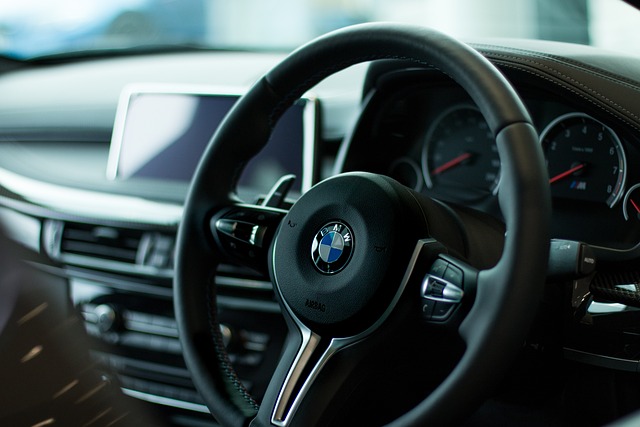“Discover the power of understanding and maximizing your PCP Claims with our comprehensive guide. In this article, we delve into the intricacies of PCP Claims in the UK, a process often shrouded in complexity. Learn from Martin Lewis’ expert tips to make navigating PCP Claims UK stress-free. From comprehending PCP claims to mastering the UK claim process, this guide equips you with knowledge to ensure fair compensation for your vehicle’s repairs.”
- Understanding PCP Claims: A Comprehensive Guide
- The UK's PCP Claim Process: What You Need to Know
- Maximizing Your PCP Claims in the UK with Martin Lewis' Tips
Understanding PCP Claims: A Comprehensive Guide

Understanding PCP (Personal Contract Plan) claims is essential for anyone considering this type of car finance. A PCP claim allows you to recover costs associated with unexpected repairs or, in some cases, vehicle write-offs. This can be a significant financial safety net, especially as PCP plans often have higher monthly payments compared to other financing options. When it comes to PCP claims in the UK, there are specific guidelines and processes that govern how these claims are handled by both manufacturers and dealerships.
Knowing your rights and obligations regarding PCP claims is crucial. The process typically involves reporting the issue or damage, gathering necessary documentation, and submitting a claim through the manufacturer’s approved channel. Once a claim is approved, the dealership or finance provider may arrange for repairs, replacement parts, or even write-off procedures, depending on the severity of the damage. Understanding these mechanisms can help ensure you receive fair compensation when facing unexpected car maintenance costs during your PCP agreement.
The UK's PCP Claim Process: What You Need to Know

In the UK, Personal Contract Purchase (PCP) is a popular car finance scheme. When it comes to PCP claims, understanding the process is key. Once you’ve completed your payments and returned the vehicle, you can claim back any remaining balance if the car has been written off or is considered a total loss. This involves contacting your insurer or finance provider who will assess the value of the car at the time of the incident.
The PCP claims UK process requires you to provide evidence of ownership and the terms of your contract. Your insurer will then calculate how much is left to pay on the vehicle, deducting this from any compensation you’re entitled to. It’s important to act promptly as there are usually time limits for making a claim, typically within a few months of the incident. Keep all documentation related to your PCP agreement and the event handy to streamline the claims process.
Maximizing Your PCP Claims in the UK with Martin Lewis' Tips

Maximizing your PCP (Personal Contract Purchase) claims in the UK can be a game-changer when it comes to managing your car finance. According to Martin Lewis, a renowned financial expert, there are several strategic tips to enhance your claim process and potential savings. By understanding the ins and outs of PCP claims, you can ensure you’re getting the best value for your money.
Lewis emphasizes the importance of thorough documentation and keeping detailed records of all expenses related to your vehicle. This includes regular maintenance, repairs, and any unexpected costs. Additionally, he suggests negotiating with garages and mechanics to get competitive prices for services, as this can significantly impact your overall claim amount. Regularly reviewing your contract and understanding the terms is also crucial, ensuring you know what’s covered and what isn’t under your PCP agreement.
When it comes to navigating the complex world of car finance and maximizing your PCP claims in the UK, having a comprehensive guide is invaluable. By understanding the PCP claim process and leveraging expert advice, like that offered by Martin Lewis, you can ensure you’re making informed decisions. Remember, knowing how to effectively manage your PCP claims can save you money and provide peace of mind while enjoying your vehicle.
